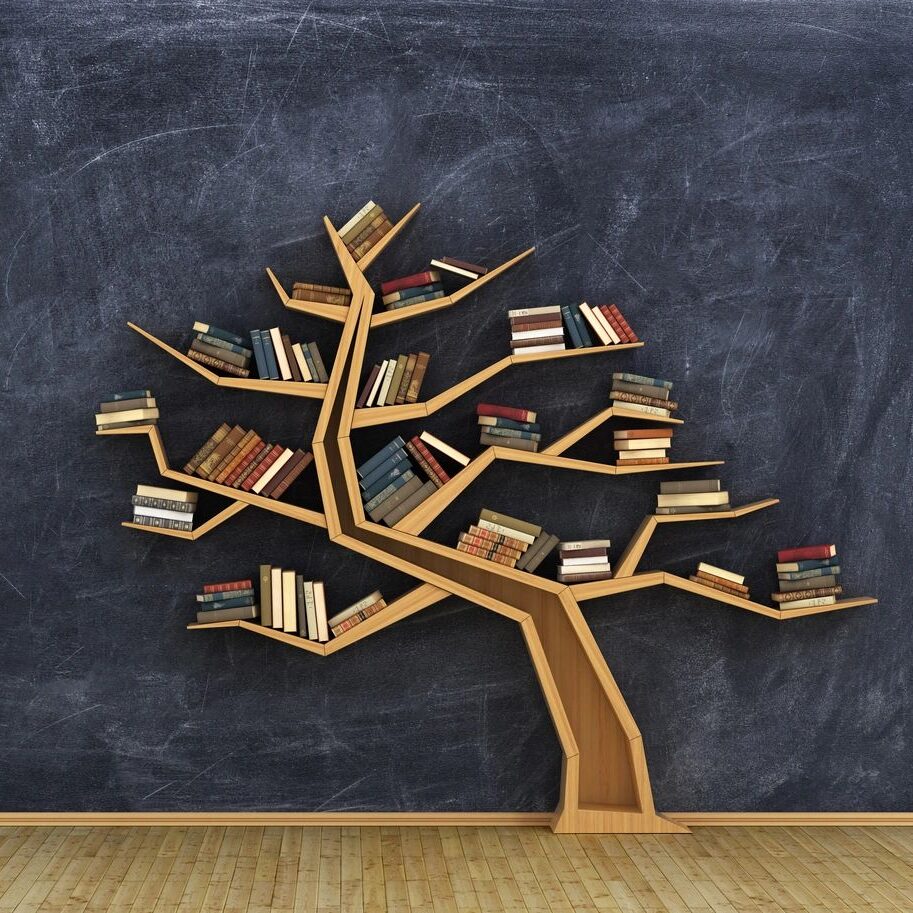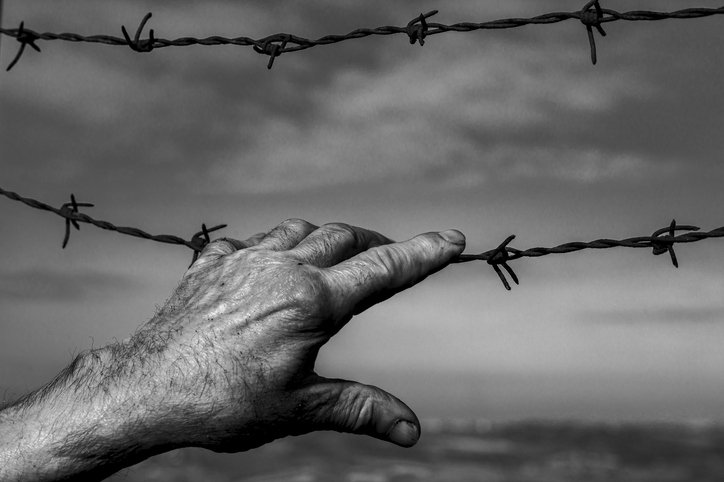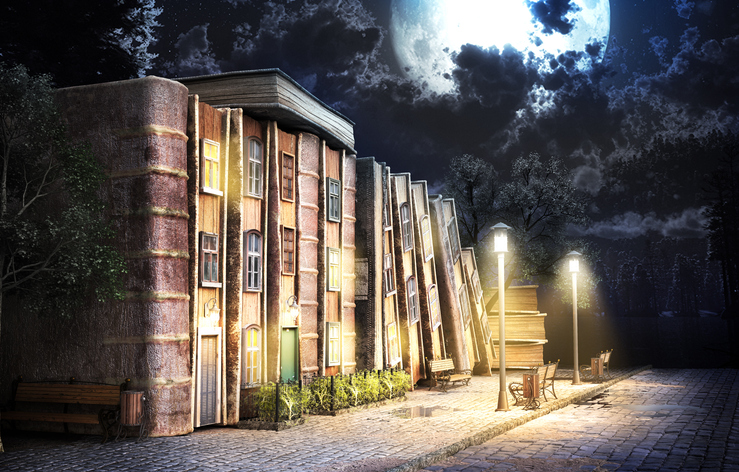Yad Vashem is the Holocaust Museum in Jerusalem, Israel. It bears solemn witness to the consequences of human hatred. It also bears witness to the Jewish people who survived and to those who helped them survive. But mostly is serves as an immovable reminder that the Jewish people faced an unimaginable shoah – a catastrophe, a calamity. It should never be forgotten.
The Holocaust was the largest manifestation of anti-Semitism in recent history. When we speak about the Holocaust today, powerful and horrific images come to mind. We are reminded of the horrors which Jews and other persecuted groups faced: forced labor, starvation, humiliation, and torture which often resulted in death. We see the systematic effort to wipe out an entire population from the face of the earth. We see everyday people turning their backs on neighbors and friends in their plea for help. And we see the collective spirit of the world ignoring these atrocities and denying any responsibility for their outcome. ~ ReformJudaism Article, The Holocaust
When I was little, a lady who lived down the street from me would feed us tea and cookies. I remember her as being very kind. She had a series of numbers tattooed on her wrist. Being so young, I had no idea what that meant. As I grew older, I would learn exactly the meaning of those numbers. She had walked through a literal valley of the shadow of death. She was a survivor of HaShoah.
As the captain of an antiaircraft unit, I am nearly sure that my grandfather would have seen these atrocities. He was attached to Patton’s Third Army. My great uncle was with the Third Army as well. They never spoke of their experiences during WW2 – never. The Third Army would arrive in Normandy on July 5th, about a month after Operation Overlord. Patton and the Third Army would lead the break-through from the hedgerows and then race across France and into Germany. They would eventually encounter a place which would cause these warriors to weep deeply. Patton’s Third Army would discover and liberate the Buchenwald and Ohrdruf concentration camps. Death was everywhere in these camps. There were bodies in ovens. There were mangled arms and legs stacked along with bodies like piles of cord wood. The smell of decomposing bodies was inescapable and overwhelming. The Third Army would have seen all of this. And though they never spoke of the war, those scenes were most certainly seared into their memories.
My grandfather would return home from Europe, resume his engineering job, and raise a family. He was known to be an avid birder, loved wild flowers, and was a devout conservationist. He grew a notable vegetable garden, and was a strong member of his church. He lived a life that was the antithesis of what he had seen in the European theater of war. (We didn’t know until after he passed away that he had served in the Third Army.)
I look at the amount of antisemitism at elite American universities, and am frankly astonished. We have been down this road before, and we must remember. We must remember that the last time antisemitism was allowed, it ended with 6,000,000 Jews vanishing from the face of the earth forever. They were forced into ghettos, then forced onto trains, and then were executed in Nazi death camps.
In 1948, the nation of Israel would be forged in their ancient homeland. From shoah would come hatikvah. From death would come hope. But we must not forget the cataclysm which preceded the formation of the nation of Israel.
When Israelis remember the Holocaust, they have a moment when they stop everything. It is called YomHaShoa. A siren marks the beginning of the remembrance. Cars stop. Businesses stop serving food. It is a complete cessation of all movement for two minutes.
Like the YomHaShoa siren in Israel, it is our job to make sure that each generation remembers the immeasurable tragedy which unfolded during the Holocaust. Students should learn about these events. They should see the gaunt faces of survivors peering from behind barbed wire fences. They should see the ovens. They should study these moments, and let those images settle indelibly into their minds, and remind them….never again.
For the survivor who chooses to testify, it is clear: his duty is to bear witness for the dead and for the living. He has no right to deprive future generations of a past that belongs to our collective memory. To forget would be not only dangerous but offensive; to forget the dead would be akin to killing them a second time. Elie Wiesel, Night
Why remember? If history teaches us anything, it is this. We find that people who support antisemitism are almost always universally on the wrong side of the line of morality.
Discover more from Rob's Innovation in Education Blog
Subscribe to get the latest posts sent to your email.




